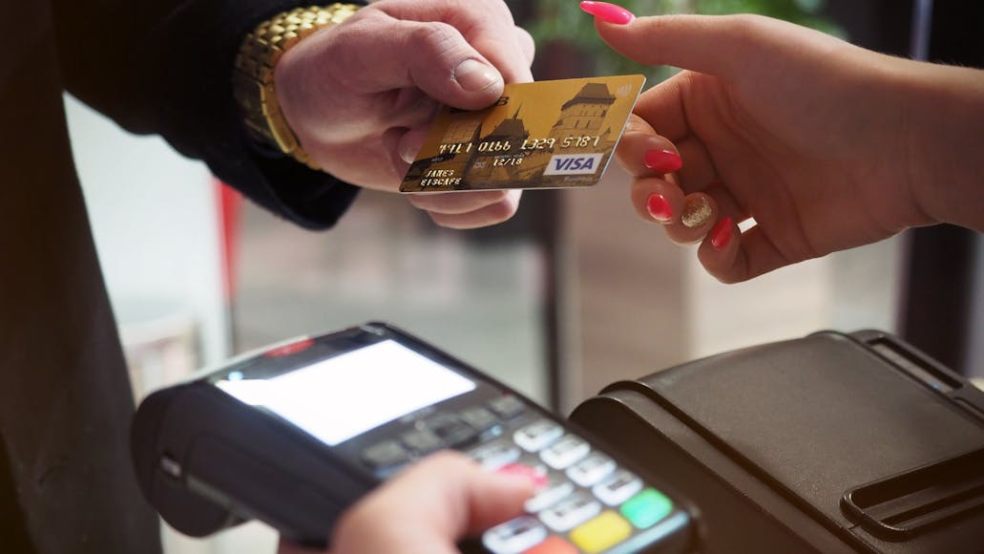
When Should You Use a Credit Card Instead of Debit or Cash?
Credit card, debit card, or cash? Knowing which is the most suitable has its advantages. The right payment method can protect your money, give you more flexibility, and even help you recover from unexpected costs.
To help you choose how you pay, here are some situations where choosing a credit card to make a payment could be the best decision.
Purchases over £100
If you’re buying something that costs more than £100, you may want to swap the debit card for a credit card. Under Section 75 of the Consumer Credit Act 1974, your credit card provider is jointly responsible with the retailer if something goes wrong, such as the goods being faulty or the seller goes bust.
This protection applies to individual items costing between £100 and £30,000 and you can claim your money back through your credit card company as well as the shop.
You can also get protection on purchases over £100 through chargeback. Chargeback is available for debit card purchases and also for credit card purchases where Section 75 can’t be used. This means your card provider can reclaim money from the shop or other retail outlet’s bank. However, chargeback isn’t enshrined in law; it's a voluntary scheme and often less reliable.
If you buy with cash, you have no alternative option unless the shop agrees to refund you.
Booking holidays and travel
When planning travel, there are several things that can go wrong. Delays, cancellations, or even bankruptcies can leave you stranded and out of pocket. Using a credit card when you book gives you an extra layer of protection if your provider fails to deliver.
Under Section 75, you can claim for services not received, and some card providers offer further help such as travel insurance, fraud alerts, or concierge services. Even if you only pay the deposit with your credit card and settle the rest later by other means, the full transaction could still be covered.
Debit cards may offer chargeback, but it’s not guaranteed. With cash, you’ll need to rely entirely on the travel provider’s own refund policies or insurance.
Managing cash flow or emergency spending
Sometimes life throws you an unexpected bill. When you don’t have the spare cash or savings to cover a surprise expense, a credit card can give you breathing space.
Used wisely, a credit card can help you spread out payments over time without dipping into overdrafts or loans. But this only works if you have a realistic plan to repay the balance. Ideally, you should pay off the full amount each month to avoid interest. If that’s not possible, look for cards with low interest rates or a 0% introductory period.
Keep in mind that it’s easy to let short-term convenience turn into long-term debt. Always review your budget before leaning on your credit card for non-essentials.
When not to use a credit card
Not every purchase needs a credit card. For everyday essentials, like the food shop or transport, your debit card might be the easier choice. You see your balance immediately, you avoid the risk of spending money you don’t have, and you’re less likely to pay interest or fees.
Cash also has its place. Some local businesses prefer it, and it can be useful if you’re sticking to a strict budget. Handing over physical money makes you more aware of your spending and limits impulse buys.
Credit cards aren’t ideal if you’re already carrying a balance or struggling to keep up with monthly payments. They’re a tool and it’s important that you have a repayment plan in place. If you’re unsure whether you can repay what you borrow, it’s often better to stick with debit or cash.
When you understand the benefits of credit cards, particularly their legal protections and flexibility, you can use them as a means to strengthen your financial position. The key is to use credit deliberately, not automatically. Know when it helps and make it work for you.




















